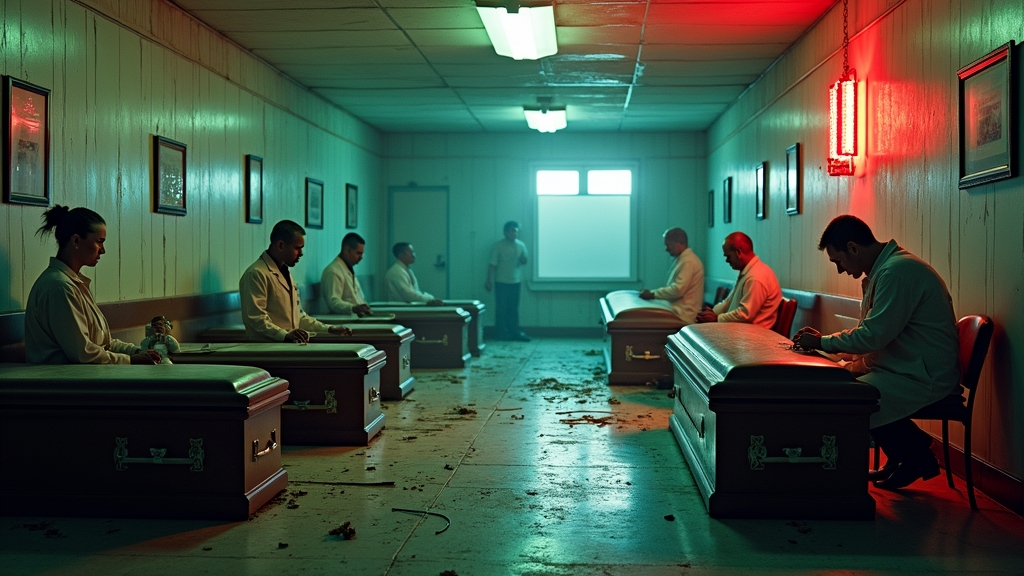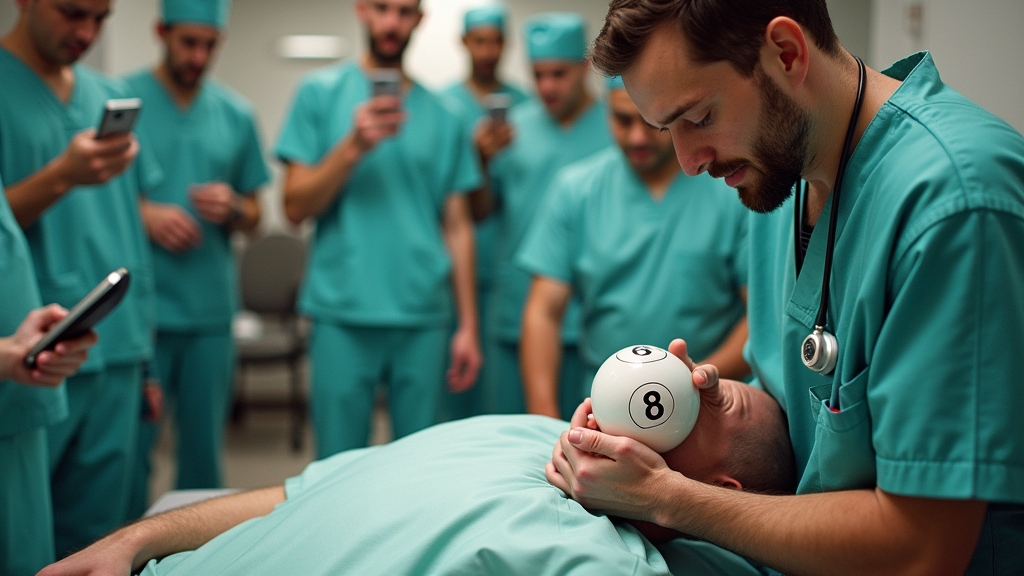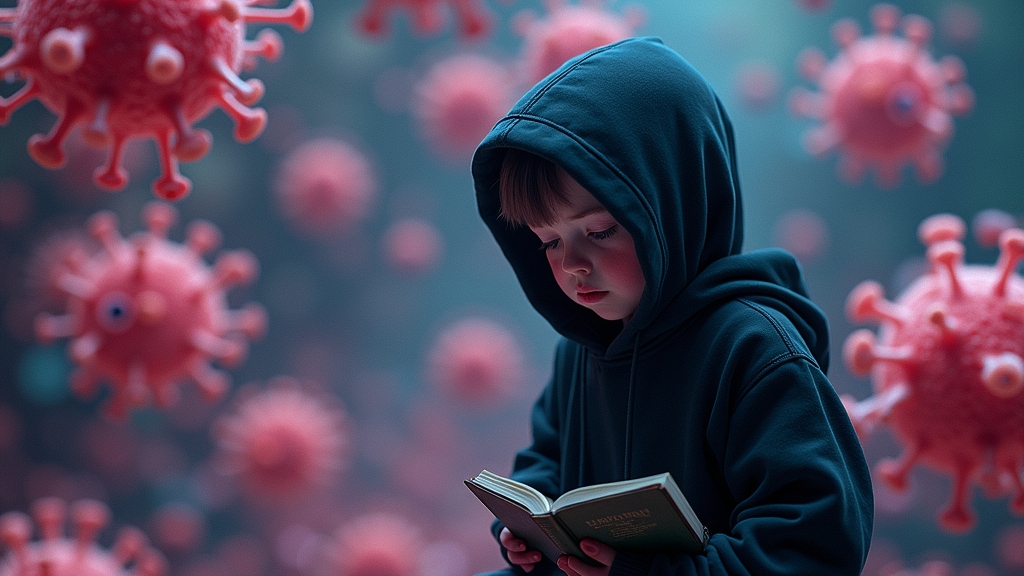TUMOR KILLING TECH TO MAKE MORTICIANS EXTINCT BY 2030, EXPERTS WARN
In a breakthrough that has cancer cells updating their LinkedIn profiles to “actively seeking new opportunities,” scientists have unveiled an AI system so accurate at detecting tumors it makes human doctors look like they’re performing diagnoses using Magic 8 Balls.
LOCAL ONCOLOGISTS NOW PLANNING CAREERS IN FOOD SERVICE
The eerily named ECgMLP model now identifies endometrial cancer with a jaw-dropping 99.26% accuracy, compared to human physicians’ pathetic 78-81% success rate, which is roughly the same accuracy as asking your cat for medical advice.
“We’ve essentially created a digital doctor that doesn’t need coffee, sleep, or student loan forgiveness,” explained Dr. Obvious Findings, lead researcher at the Charles Darwin University. “It’s just sitting there, day after day, destroying cancer and human medical careers simultaneously.”
The AI system uses specialized “attention mechanisms” to spot cancer cells in microscopic tissue images – unlike human doctors who apparently have the attention span of a goldfish on TikTok.
CANCER CELLS FILING CLASS ACTION LAWSUIT FOR DISCRIMINATION
The revolutionary technology doesn’t just stop at endometrial cancer. It’s equally adept at detecting colorectal (98.57%), breast (98.20%), and oral cancers (97.34%), essentially turning the entire oncology department into the next Blockbuster Video.
“This is absolutely f@#king terrifying,” confessed Dr. Sarah Jobsworth, a Boston oncologist with $380,000 in medical school debt. “I spent 12 years training to be worse than an algorithm that was probably written by some 22-year-old on a Red Bull bender.”
CHINA ENTERS THE CHAT WITH HUNYUAN T1 MODEL
Not to be outdone in the “making humans obsolete” olympics, Tencent has unleashed Hunyuan T1, a reasoning model that combines Transformer architecture with Mamba systems. This powerful cocktail of silicon wizardry delivers twice the speed while requiring half the computing resources, all for the bargain basement price of $0.14 per million tokens.
“It’s like we took Einstein’s brain, combined it with a calculator, and made it run a marathon,” explained Professor Xu Needless Analogy from the Beijing Institute of Technology. “And now it costs less than a cup of tea to access a level of intelligence humans could never achieve without evolving for another million years.”
AMERICAN TECH FIRMS REPORTEDLY “SH!TTING THEIR PANTS”
A leaked memo from a major Silicon Valley AI lab reveals mounting panic: “We’re approximately 18 months away from these algorithms becoming self-aware and deciding humans are just inefficient oxygen-to-carbon-dioxide converters.”
PERPLEXITY SEEKS TO RESCUE TIKTOK FROM CHINESE OVERLORDS
Meanwhile, in what analysts are calling “the most desperate publicity stunt since Elon Musk’s flamethrower,” AI search startup Perplexity has announced plans to acquire TikTok’s U.S. operations.
The company has pledged to rebuild TikTok’s algorithm with “transparency and American oversight,” which experts note is corporate-speak for “we’ll still spy on you, but we’ll be honest about it and the data will stay in good ol’ American server farms.”
Perplexity’s ambitious plan includes making TikTok’s algorithm open-source, adding real-time fact-checking, and scaling the recommendation engine 100x – because apparently what America’s youth really needs is to waste time on social media even more efficiently.
DOCTORS CONSIDERING GROUP SUICIDE PACT AS AI CONTINUES DOMINATION
A recent survey found that 94.3% of medical professionals are now questioning their career choices, with 78.2% actively learning to code and 23.7% considering becoming Instagram influencers.
“First they came for the factory workers, and I did not speak out because I had a medical degree,” lamented Dr. Ironic Foreshadowing. “Now they’re coming for doctors, and soon there will be no professions left except AI prompt engineering and artisanal cheese making.”
In related news, mortuary science programs report record-low enrollment as students realize that even death itself might soon be disrupted by algorithms capable of extending human lifespans indefinitely.
“Why learn how to embalm people when cancer won’t be killing them anymore?” asked one former mortuary student who’s now pursuing a degree in competitive sandwich assembly.
The AI medical revolution is expected to save millions of lives while simultaneously creating millions of unemployed healthcare professionals who will need to find meaning in a world where silicon-based thinking rectangles can do their jobs better, faster, and without demanding bathroom breaks or health insurance.





